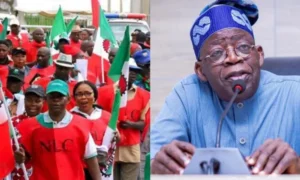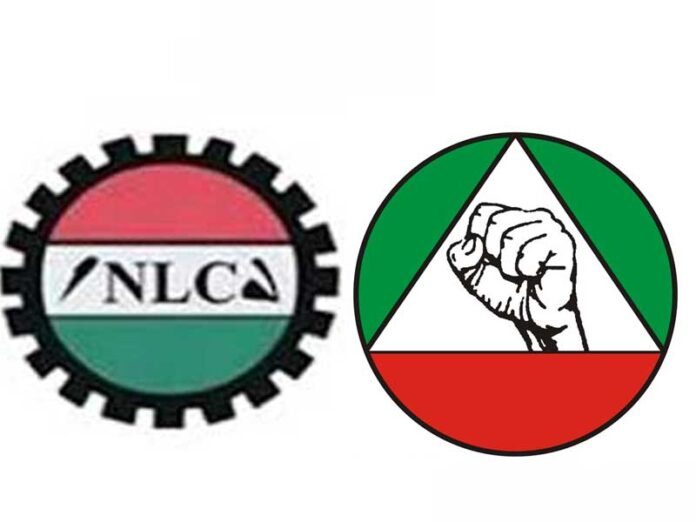As a result of the deadlock between the Tripartite committee members and labor regarding the establishment of a realistic minimum wage for workers, labour union declaring an indefinite industrial action on Monday, June 3, 2024.
The impact was widespread, with airports, hospitals, the national grid, banks, and the premises of the National Assembly and state assemblies all brought to a standstill.
The labour unions expressed their dissatisfaction with the current minimum wage of ₦30,000, asserting that it no longer adequately addresses the needs of the average Nigerian worker.
They demanded that the government provide a wage that aligns with the prevailing inflationary pressures and the consequences of the administration’s policies of petrol subsidy removal and forex window unification On June 4, 2024, the labour unions temporarily suspended the strike

Subsequently, representatives from the Trade Union Congress (TUC), the Nigeria Labour Congress (NLC), the government, states, and the Organised Private Sector engaged in negotiations.
However, on Friday, June 7, 2024, both sides failed to reach a consensus. While the labour unions reduced their demand from ₦494,000 to ₦250,000, the government slightly increased its initial offer of ₦60,000 to ₦62,000.
Now, the reports from both sides have been submitted to the President, who is expected to make a final decision.
If approved, the President will send an executive bill to the National Assembly for the passage of a new minimum wage bill, which will then be signed into law by the President.




